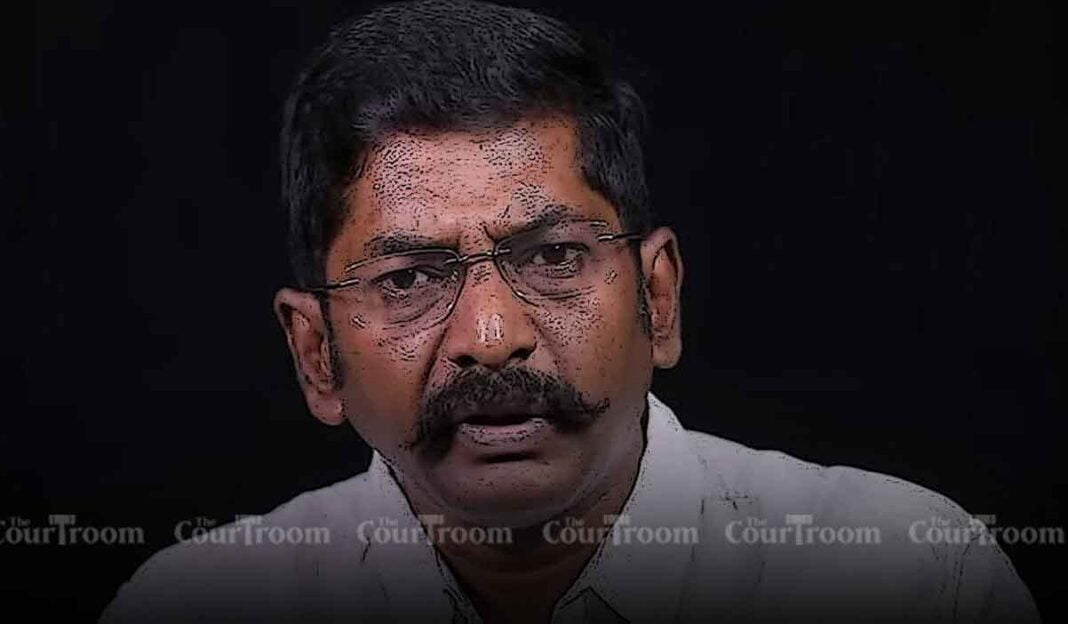The Madras High Court interrogated the Tamil Nadu government regarding its selective application of the Tamil Nadu Goondas Act in the case of YouTuber Savukku Shankar
The court sought to understand how Shankar’s comments had impacted public order and questioned the state’s consistency in addressing false news.
Court’s Examination of State’s Actions
A Bench of Justices SM Subramaniam and V. Sivagnanam expressed concerns over the commonality of false news in today’s media landscape. The Court challenged the state on whether it had been equally proactive in detaining other individuals for spreading false information.
“How many individuals have been arrested for spreading false news on TV channels and media? Are all YouTubers being detained? Can the government feasibly pursue every case of false information?” Justice Subramaniam remarked. He also highlighted that while false news is pervasive, it does not necessarily justify restrictive actions against freedom of speech.
Context of Detention and Legal Proceedings
Savukku Shankar’s preventive detention was challenged in a habeas corpus petition filed by his mother, Kamala. The Supreme Court recently ordered Shankar’s release from detention until the High Court makes a final decision. Kamala’s counsel argued that the detention was retaliatory and unjustified.
The Tamil Nadu government defended its actions, claiming Shankar was detained for making repeated derogatory statements and using forged documents to allege corruption, which led to public protests. The State’s counsel noted that Shankar had previously been imprisoned for contempt of court but continued to make derogatory remarks.
Court’s Observations and Reservations
The Court expressed doubts about whether the invocation of the Goondas Act was warranted in this case. Justice Subramaniam questioned the efficacy of using preventive detention laws against dissenters and criticized the potential regression to colonial-era practices.
Justice Subramaniam acknowledged the previous contempt conviction against Shankar but emphasized that it should not influence the current case. He also commended Justice GR Swaminathan for maintaining an open and impartial stance despite having previously sentenced Shankar for contempt.
Court’s Advice to the State
As the hearing concluded, the Court advised the Tamil Nadu government to concentrate on addressing corruption rather than employing preventive detention laws against those expressing dissent. The Bench’s comments underscored the importance of balancing freedom of speech with maintaining public order.
Orders in the case have been reserved, with the Court set to deliberate further on the matter.
(With inputs from agency)
Share your news, articles, deals, columns, or press releases with us! Click the link to submit and join our platform today.


